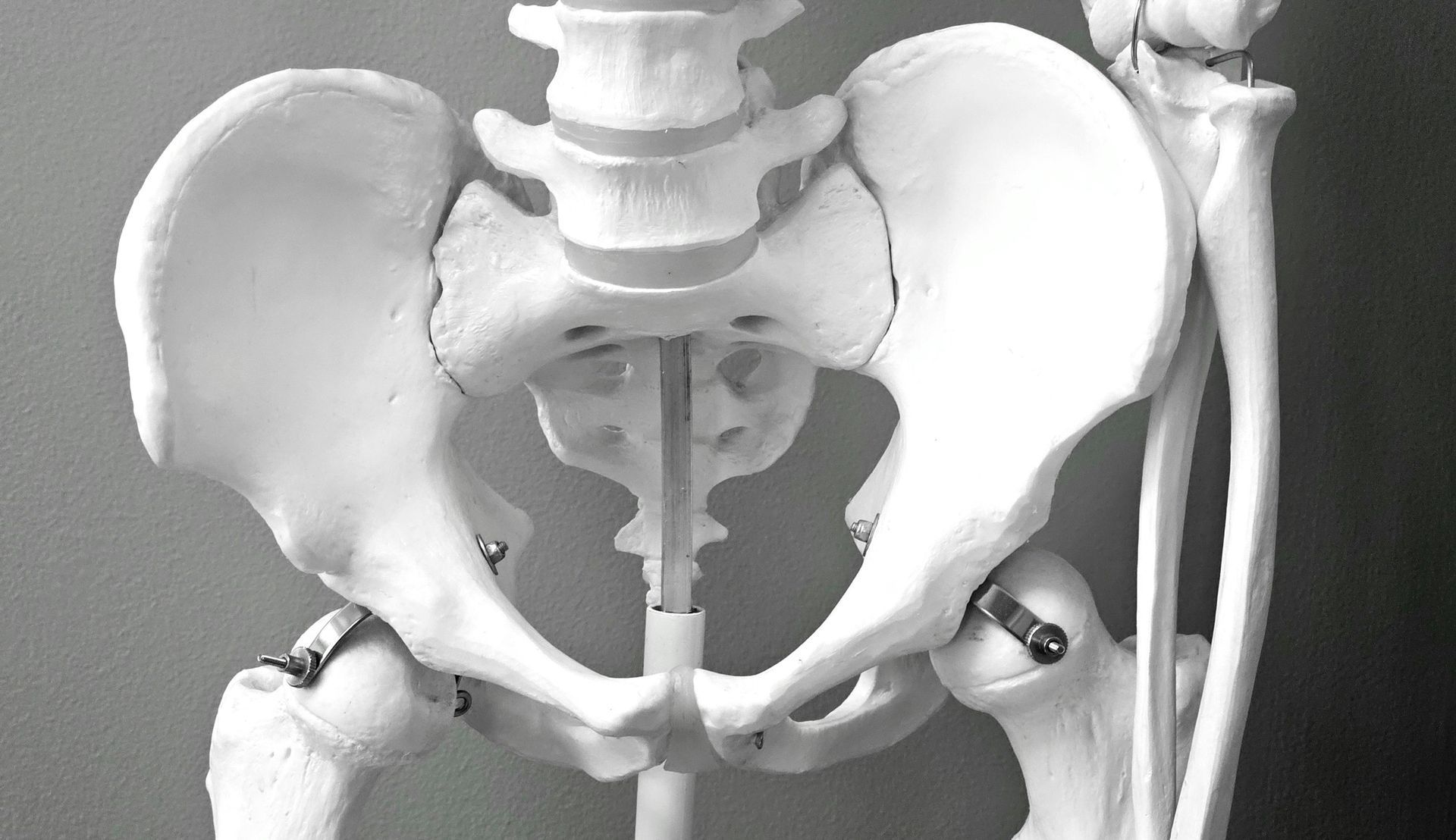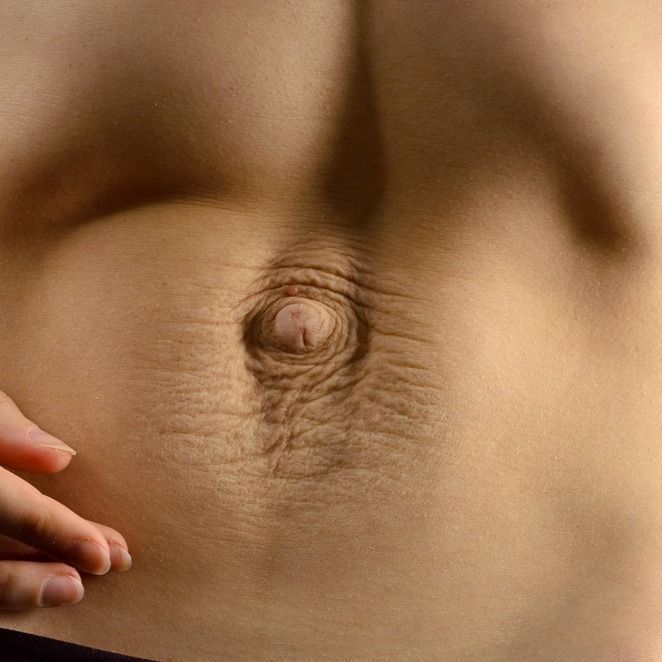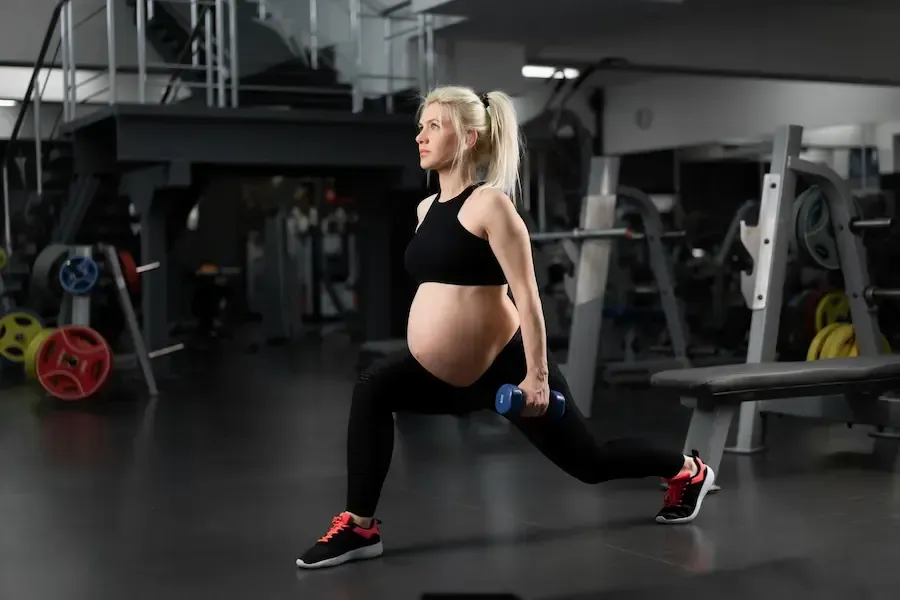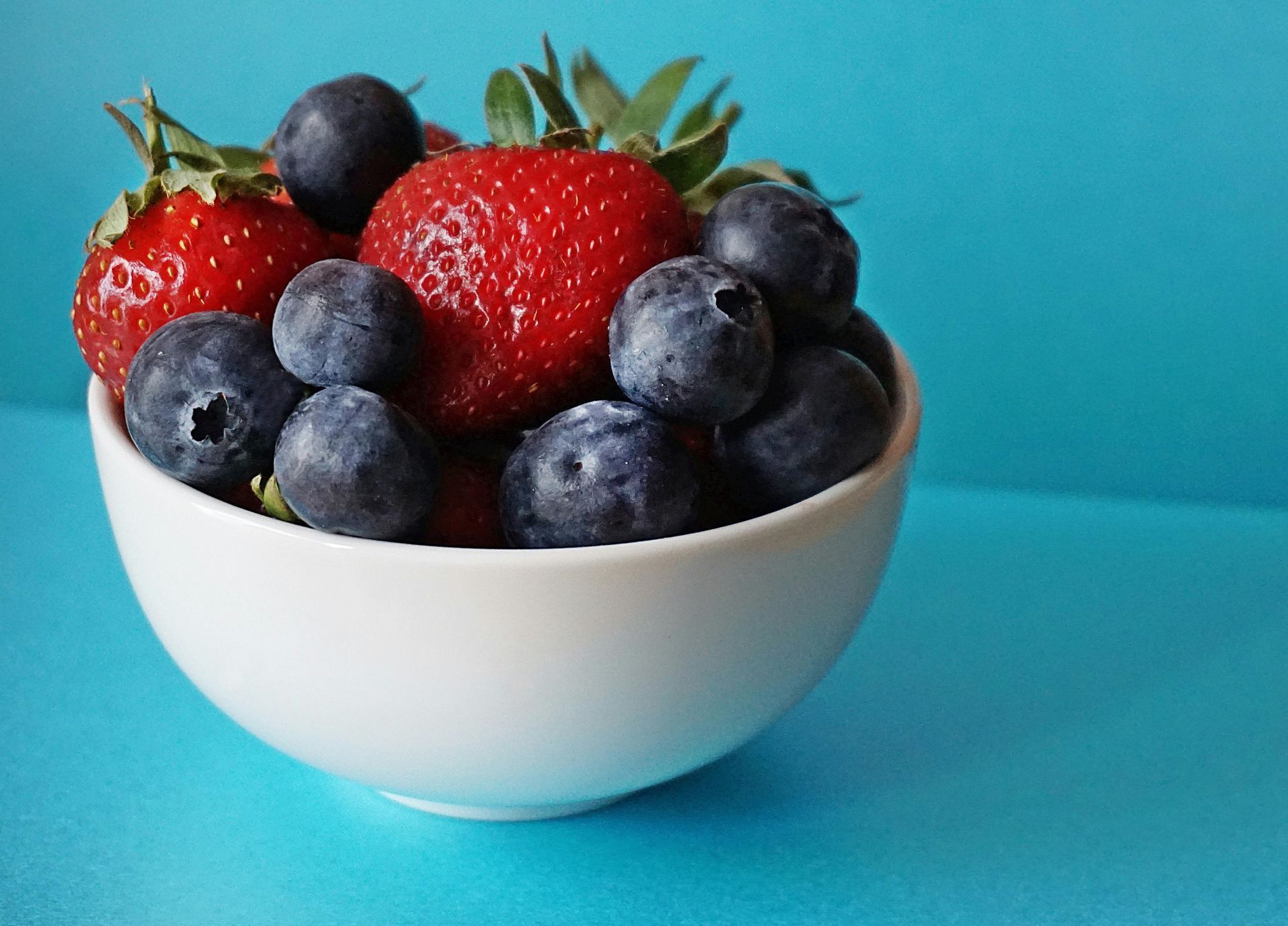Postpartum Nutrition: Eating Right to Support Recovery and Milk Production
Proper nutrition plays a crucial role in a mother’s postpartum recovery and the production of healthy breast milk. After giving birth, your body needs adequate nutrients to heal, regain strength, and provide nourishment for your baby. At BumpWellness, we emphasize the importance of a balanced diet to support both recovery and the unique nutritional needs of breastfeeding mothers.
Key Nutrients for Postpartum Recovery and Lactation
Protein
Why It’s Important: Protein is essential for repairing tissues, rebuilding muscle strength, and supporting overall healing after childbirth. It is also vital for producing breast milk. Sources: Lean meats, poultry, fish, eggs, dairy products, beans, lentils, nuts, and seeds.
Calcium
Why It’s Important: Calcium is crucial for maintaining strong bones and teeth, especially since breastfeeding can deplete calcium reserves. It is also essential for your baby’s bone development. Sources: Dairy products (milk, yogurt, cheese), fortified plant-based milk (almond, soy), leafy green vegetables, tofu, and almonds.
Iron
Why It’s Important: Iron helps replenish red blood cells, which can be lost during childbirth. It also supports energy levels and helps prevent postpartum anemia.Sources: Lean red meat, poultry, fish, beans, lentils, spinach, and iron-fortified cereals.
Omega-3 Fatty Acids
Why It’s Important: Omega-3s, particularly DHA, are important for brain health, mood regulation, and the development of your baby’s brain and eyes if you are breastfeeding.Sources: Fatty fish (like salmon and sardines), walnuts, flaxseeds, chia seeds, and omega-3 fortified eggs.
Fiber
Why It’s Important: High-fiber foods aid digestion, prevent constipation, and help maintain healthy blood sugar levels, which can fluctuate after giving birth. Sources: Whole grains (brown rice, oats, quinoa), fruits, vegetables, beans, and legumes.
Vitamin D
Why It’s Important: Vitamin D aids calcium absorption and supports bone health for both mother and baby. It also plays a role in immune function. Sources: Sun exposure, fatty fish, fortified dairy or plant-based milk, and egg yolks.
Hydration
Why It’s Important: Staying hydrated is essential for milk production, maintaining energy levels, and overall health. Breastfeeding mothers should aim for an extra 700 ml (about 3 cups) of fluid per day. Sources: Water, herbal teas, soups, and water-rich foods like fruits and vegetables.
Sample Meal Plan for Postpartum Nutrition
Breakfast: Oatmeal with Berries and Almonds
Ingredients: Rolled oats, fresh berries (blueberries, strawberries), a handful of almonds, a drizzle of honey, and a splash of milk or plant-based milk.Benefits: Provides fiber, protein, healthy fats, and antioxidants to support energy levels and milk production.
Mid-Morning Snack: Greek Yogurt with Honey and Chia Seeds
Ingredients: Greek yogurt, a teaspoon of honey, and a sprinkle of chia seeds.Benefits: Rich in protein, calcium, and omega-3s to aid in muscle recovery and support bone health.
Lunch: Grilled Chicken Salad with Quinoa and Avocado
Ingredients: Grilled chicken breast, mixed greens, cooked quinoa, sliced avocado, cherry tomatoes, and a lemon vinaigrette dressing.Benefits: Packed with protein, fiber, healthy fats, and essential vitamins for recovery and sustained energy.
Afternoon Snack: Hummus with Carrot and Cucumber Sticks
Ingredients: Homemade or store-bought hummus, carrot sticks, and cucumber sticks.Benefits: Provides fiber, protein, and healthy fats to keep you full between meals.
Dinner: Baked Salmon with Sweet Potato and Asparagus
Ingredients: Salmon fillet, sweet potatoes, asparagus, olive oil, and herbs (like dill or parsley).Benefits: Rich in omega-3s, vitamins, and minerals to support milk production and overall health.
Dessert: Fresh Fruit Salad with a Dollop of Yogurt
Ingredients: Mixed fresh fruits (like kiwi, mango, berries), and a spoonful of plain yogurt.Benefits: Provides hydration, vitamins, and a touch of natural sweetness to end your day.
Tips for Maintaining a Balanced Postpartum Diet
- Eat Small, Frequent Meals: Aim for 5-6 small meals a day to keep your energy levels steady and support milk production.
- Prioritize Nutrient-Dense Foods: Focus on whole foods that are rich in essential nutrients to promote healing and sustain energy.
- Stay Hydrated: Drink plenty of water throughout the day, especially if breastfeeding, to maintain milk supply and overall health.
- Include a Variety of Foods: Eating a wide range of foods ensures you and your baby get all the necessary nutrients.
- Listen to Your Body: Pay attention to hunger and fullness cues, and don’t be afraid to eat more or less depending on how you feel.
How BumpWellness Supports Your Postpartum Nutrition
At BumpWellness, we recognize that every new mom’s nutritional needs are unique. Our certified trainers offer personalized meal planning and nutrition guidance to support your postpartum recovery and breastfeeding journey. We help you find simple, delicious ways to nourish yourself and your baby.
Contact Us Today!
Schedule a free consultation to learn more about our postpartum nutrition support services and how we can help you thrive during this special time.










